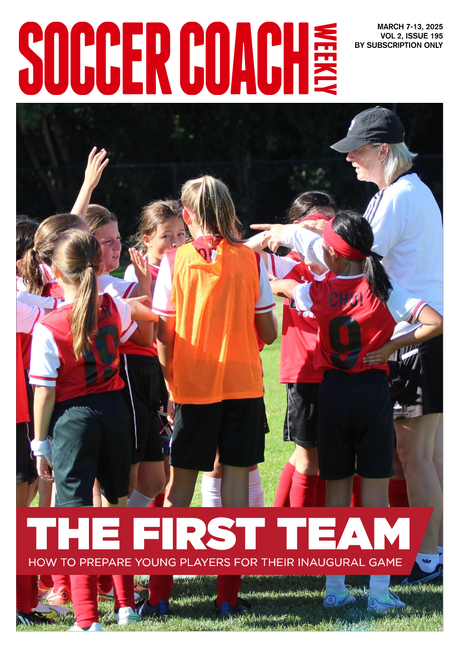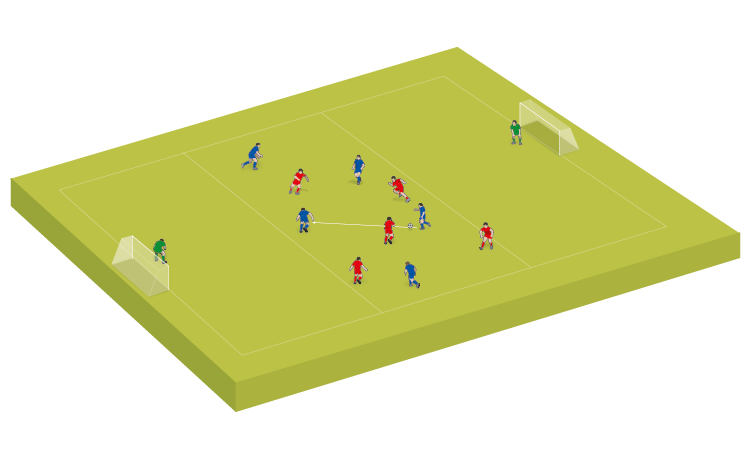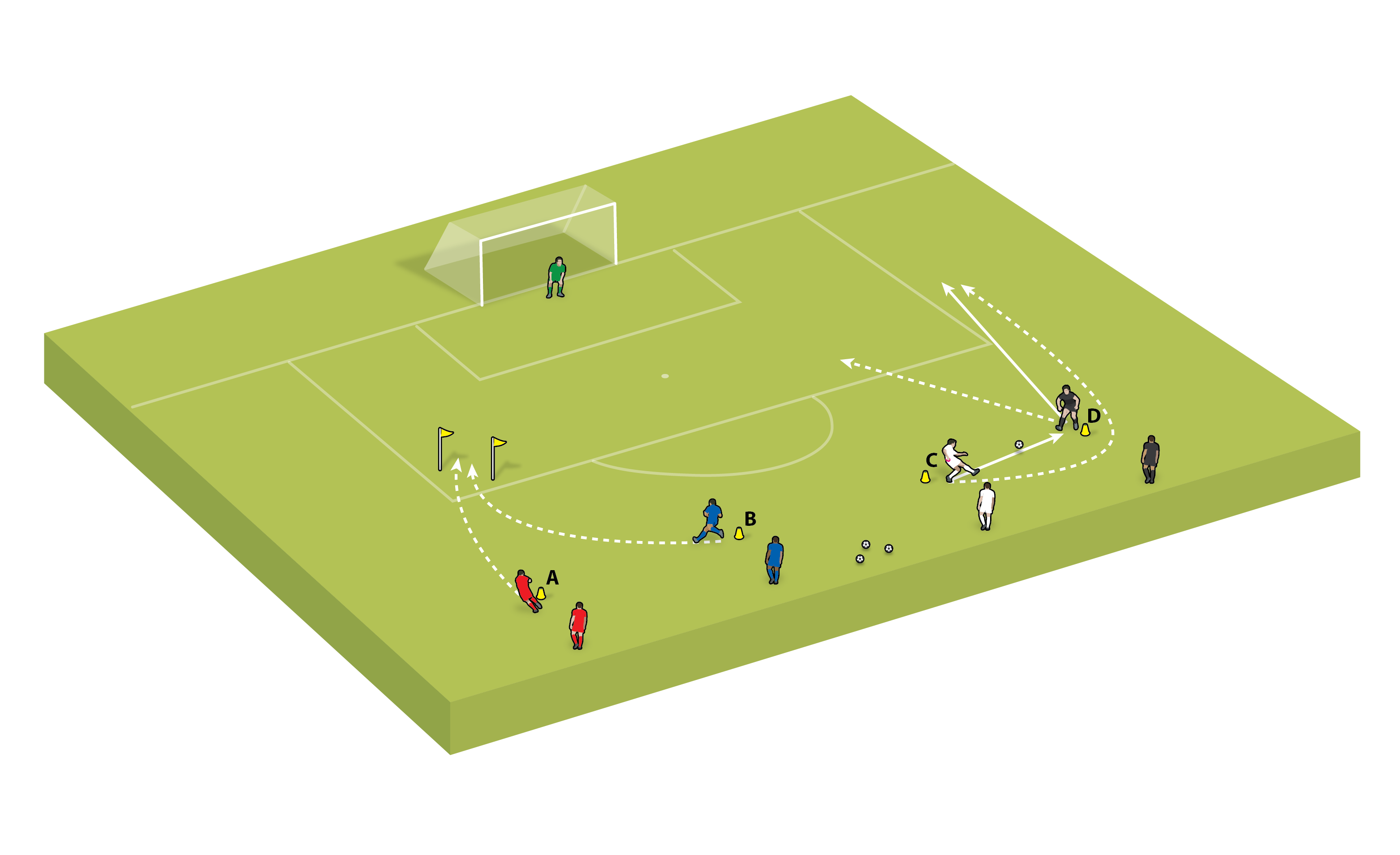What to look for in a suitable team captain
Coaching Adviceby Soccer Coach Weekly
It can be a big decision for a coach - who do you pick as your on-field leader?
The role of team captain is deemed in many countries to be one of the most influential jobs in soccer - and a position that can be vital to a team’s results.
The captain is often required to lead by example with their performances, and there are plenty of examples of them single-handedly dragging their side through big games or inspiring dramatic comebacks.
If you are currently deciding which player should lead your team, first consider that there are different kinds of captain - you must identify which best fits your club's culture and your players' personalities.
A survey of elite club head coaches once identified a number of qualities as being important in the selection of a good captain.

As captain, Jordan Henderson has led Liverpool to the Fifa Club World Cup, Uefa Champions League and Premier League titles and earned praise for his ambassadorial qualities
These included good communication skills, a sound knowledge of the game, effective decision-making and the ability to both motivate and offer a consistent level of performance on the pitch.
The coaches surveyed also identified two different approaches to leadership that make for effective captains – either an aggressive and commanding attitude, or a technically skilled leader who can inspire others when leading by example. A combination of both was deemed to make for the ideal candidate.
“We found that, in many ways, the captain was to be an extension of the manager on the pitch,” said Dr. Paul Davis, senior lecturer in sport development at England's Northumbria University.
"The manager would look to the captain to have good interpersonal skills and characteristics, and also be honest and trustworthy."
This may be the opinion of elite coaches, but these basic truths hold good at every level. Choosing the right captain can be key for grassroots teams, too, once teams have got past the 'development first' stage.
The captain is the principle communicator with the referee and the link between the coach and the other players. The right candidate is also able to gauge the mood of team-mates and should set an example.
For instance, if the captain becomes angry with officials and constantly questions decisions, team-mates are unlikely to accept those decisions themselves – as a result, team discipline could fall apart.
"Each captain is an individual and different personalities can be successful..."
When deciding on the captaincy, a coach also has to ensure they select someone mentally strong enough, as it is a job with responsibilities.
A captain needs to remain focused under pressure during the game in order to make the correct decisions at the right time - and this can take considerable mental fortitude.
While some coaches allow the players to choose their own captain, or vote for a shortlist from which the coach selects, an effective coach will know the importance of the role and how much of an impact a good captain can make to a team’s attitude and discipline.
You can sound out the opinions of your players, but ultimately the final choice should be down to you.
The most important thing to remember is that every captain is an individual and very different personalities can be successful wearing the armband, from the Bulldog-type to the quieter ones who lead through their play on the pitch.
The role of captain has the potential to be the most challenging and rewarding job for any player - it can even be the making of some.
Choose wisely, and it can pay off.
Newsletter Sign Up
Coaches Testimonials

Gerald Kearney, Downtown Las Vegas Soccer Club

Paul Butler, Florida, USA

Rick Shields, Springboro, USA

Tony Green, Pierrefonds Titans, Quebec, Canada
Subscribe Today
Discover the simple way to become a more effective, more successful soccer coach
In a recent survey 89% of subscribers said Soccer Coach Weekly makes them more confident, 91% said Soccer Coach Weekly makes them a more effective coach and 93% said Soccer Coach Weekly makes them more inspired.
*includes 3 coaching manuals
Get Weekly Inspiration
All the latest techniques and approaches
Soccer Coach Weekly offers proven and easy to use soccer drills, coaching sessions, practice plans, small-sided games, warm-ups, training tips and advice.
We've been at the cutting edge of soccer coaching since we launched in 2007, creating resources for the grassroots youth coach, following best practice from around the world and insights from the professional game.





